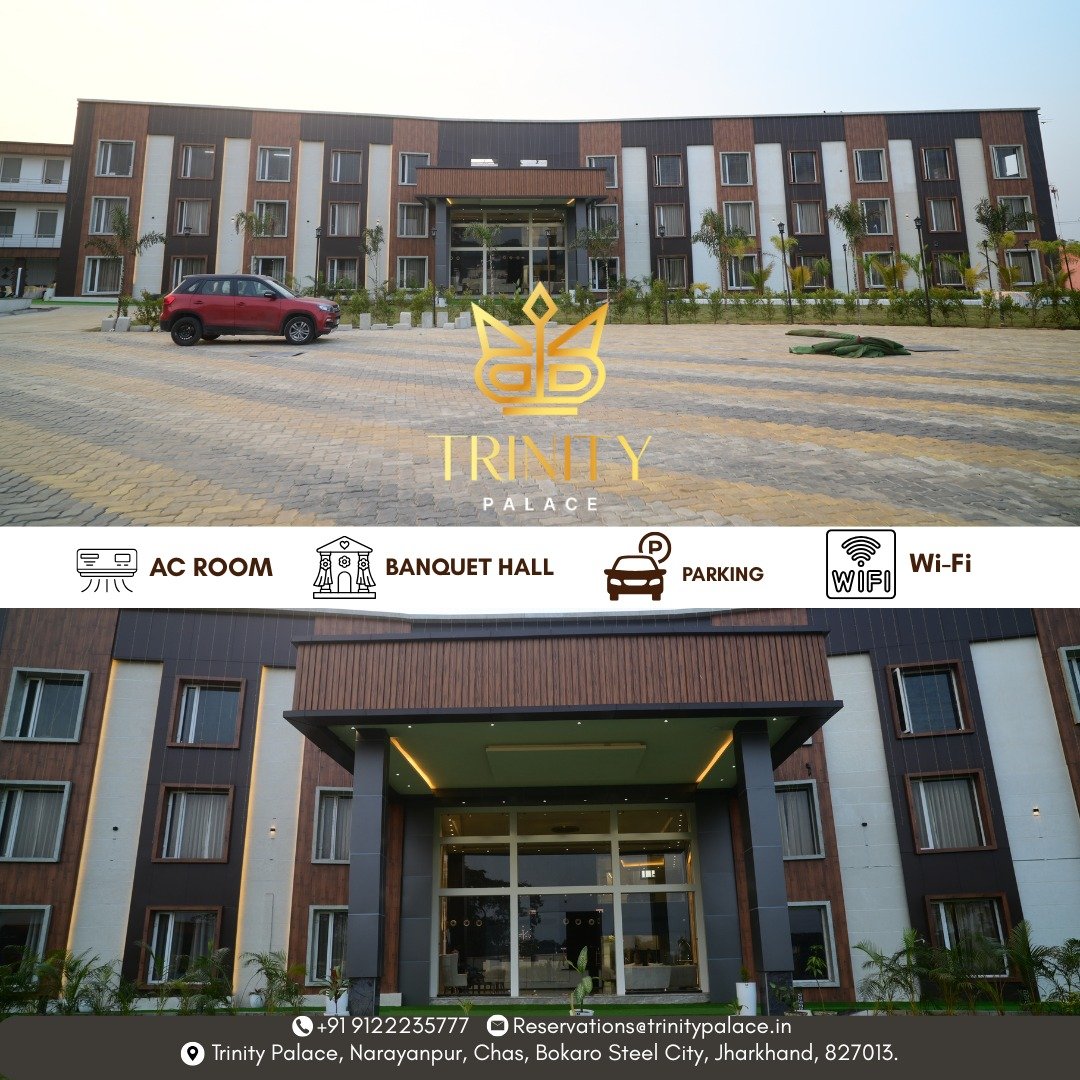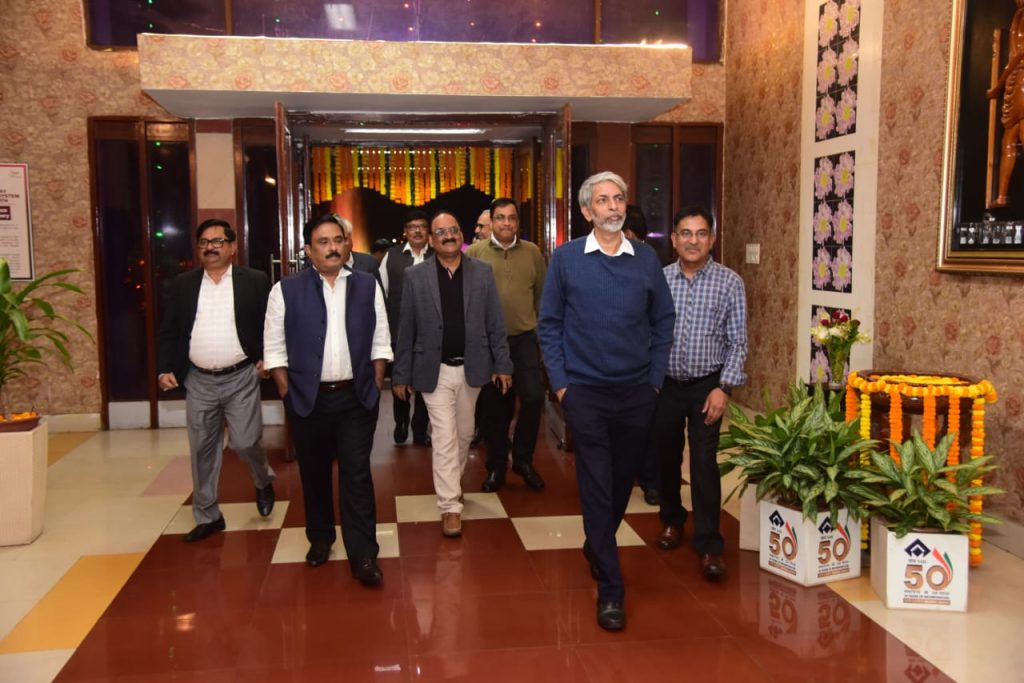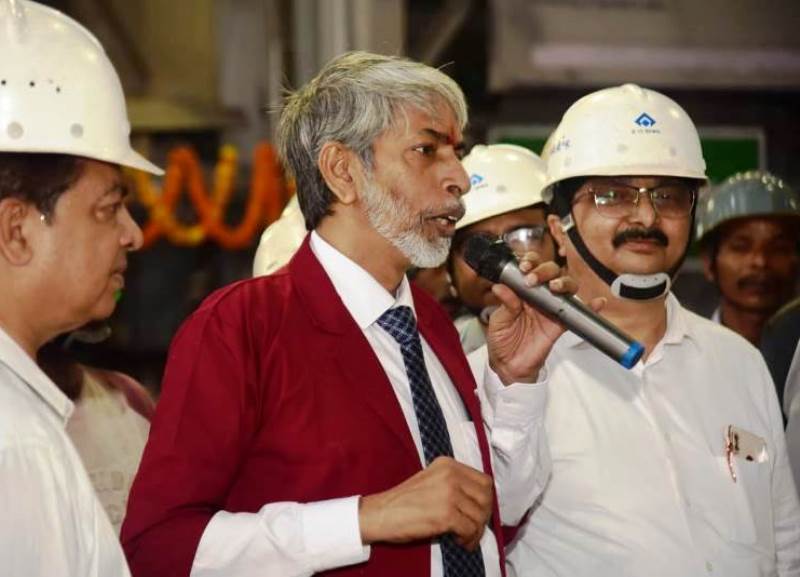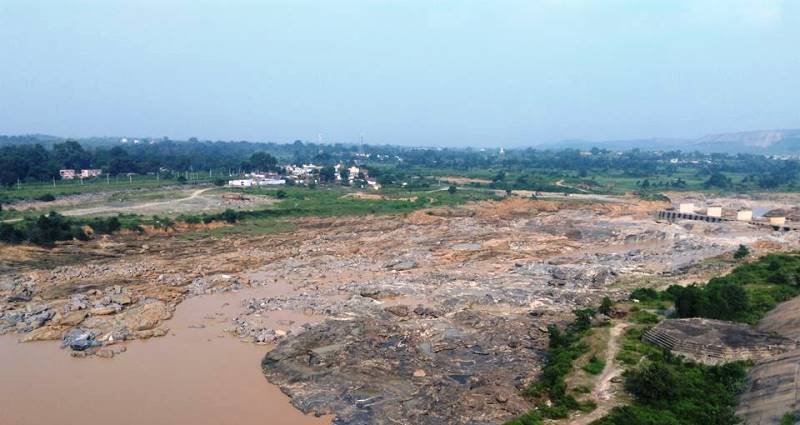Amarendu Prakash, Chairman of the Steel Authority of India Limited (SAIL), has unveiled a comprehensive vision aimed at reducing carbon intensity, expanding steel production, embracing new technologies, introducing special grade steel, enhancing employee competency, and positioning SAIL among the ‘best place to work’. The visionary statement came during the chairman’s two-day visit, which included extensive interactions with employees, union leaders, MLA, and various stakeholders.

Carbon Intensity Reduction and Technological Adoption
Chairman Amarendu Prakash, along with RSP director incharge cum additional DIc BSL, Atanu Bhowmick expressed a strong commitment to reducing carbon intensity across all SAIL steel plants. He announced plans to unveil a roadmap for decarbonisation by 2024 January last week, outlining specific strategies to mitigate environmental impact. The emphasis on embracing new technologies is a key aspect of this vision, reflecting SAIL’s dedication to sustainable practices.

Bokaro Steel Plant (BSL) Expansion: A Strategic Focus
The primary focus of Chairman Prakash’s visit was the expansion of the Bokaro Steel Plant (BSL), a crucial component of SAIL’s growth strategy. The chairman disclosed that the BSL expansion project is anticipated to be completed by 2031, contributing significantly to SAIL’s overall production capacity.
Capacity Enhancement and Steel Production Targets
Under the expansive growth plan, BSL and Rourkela Steel Plant (RSP) are set to increase their production capacity to 7.5 MTPA. Currently, BSL operates at a production capacity of 4.55 MTPA. Chairman said “SAIL, unlike other steel units operating at 80-85 percent capacity, has achieved an impressive 94 percent utilisation of its steel capacity.”
SAIL’s Role in India’s Steel Sector Growth
Expressing optimism about the future of the steel sector in India, Chairman Prakash underscored SAIL’s pivotal role in contributing to the industry’s growth. He highlighted SAIL’s ambition to raise its production capacity to 35 MTPA by 2031, up from the current 20 MTPA, to meet the escalating demand for steel in the country.
Manpower Productivity Enhancement
Chairman Prakash addressed the issue of manpower productivity, comparing SAIL’s current metrics to global standards. He revealed that while developed countries typically achieve a steel plant manpower productivity of around 1600 tonnes per man per year, SAIL presently stands at approximately 650 tonnes. With the planned expansion, the target is to surpass 1000 tonnes per man per year, aligning with global benchmarks and ensuring competitiveness in the market.
Accountability and Sustainable Practices
In a move towards greater accountability, Chairman Prakash announced that after unveiling the decarbonisation roadmap in January, SAIL will be accountable for the steps taken to reduce carbon intensity. The focus on raw material improvements further underscores SAIL’s commitment to sustainable and environmentally friendly steel production.
Chairman Amarendu Prakash’s visionary plan positions SAIL as a frontrunner in India’s steel industry, showcasing a harmonious blend of growth, sustainability, and workplace excellence. The proposed initiatives signal a strategic approach to not only meet rising demands but also to set new industry standards. SAIL’s journey toward becoming a Maharatna and a top employer is clearly charted in the chairman’s ambitious roadmap.






